Search
Did you mean: Tallit?
Search Results
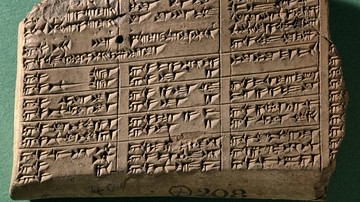
Article
Cuneiform Lexical Lists
Lexical lists are compilations of cuneiform signs and word readings written on clay tablets throughout Mesopotamia. From the late 4th millennium BCE up to the 1st century CE, scribal communities copied, modified, and passed on these cuneiform...

Interview
Author Interview: Son of Ishtar by Gordon Doherty
Today we sit down with Gordon Doherty to discuss his new book Empires of Bronze: Son of Ishtar. Based in the dark and cold north (i.e. Scotland), Gordon has written extensively on ancient Greece and Rome. His new novel, however, takes us...
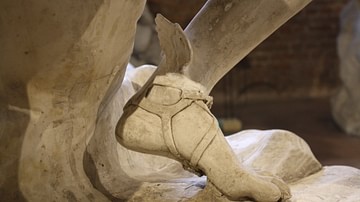
Definition
Hermes
Hermes was the ancient Greek god of trade, wealth, luck, fertility, animal husbandry, sleep, language, thieves, and travel. One of the cleverest and most mischievous of the 12 Olympian gods, Hermes was their herald and messenger. In that...
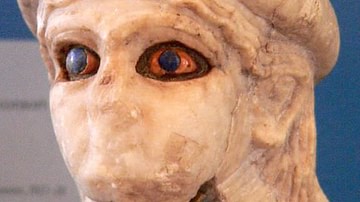
Definition
Nineveh
Nineveh (modern-day Mosul, Iraq) was one of the oldest and greatest cities in antiquity. It was originally known as Ninua, a trade center, and would become one of the largest and most affluent cities in antiquity. It was regarded highly by...

Definition
Writing
Writing is the physical manifestation of a spoken language. It is thought that human beings developed language c. 35,000 BCE as evidenced by cave paintings from the period of the Cro-Magnon Man (c. 50,000-30,000 BCE) which appear to express...
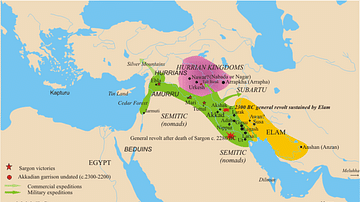
Definition
Akkad and the Akkadian Empire
Akkad was the seat of the Akkadian Empire (2334-2218 BCE), the first multi-national political entity in the world, founded by Sargon the Great (r. 2334-2279 BCE) who unified Mesopotamia under his rule and set the model for later Mesopotamian...
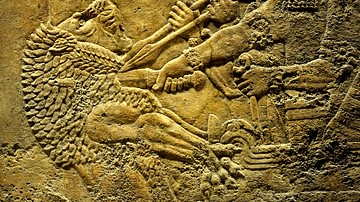
Definition
Assyria
Assyria was the region located in the ancient Near East which, under the Neo-Assyrian Empire, reached from Mesopotamia (modern-day Iraq) through Asia Minor (modern Turkey) and down through Egypt. The empire began modestly at the city of Ashur...
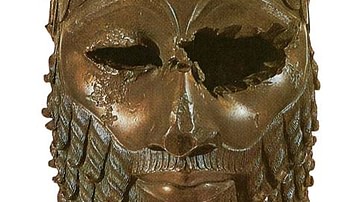
Definition
Sargon of Akkad
Sargon of Akkad (r. 2334 - 2279 BCE) was the king of the Akkadian Empire of Mesopotamia, the first multi-national empire in history, who united the disparate kingdoms of the region under a central authority. He is equally famous today as...

Definition
Sisyphus
Sisyphus (or Sisyphos) is a figure from Greek mythology. He was king of Corinth and became infamous for his general trickery when he twice cheated death. Sisyphus ultimately got his comeuppance when Zeus dealt him the eternal punishment of...

Definition
Moses
Moses (c. 1400 BCE) is considered one of the most important religious leaders in world history. He is claimed by the religions of Judaism, Christianity, Islam and Bahai as an important prophet of God and the founder of monotheistic belief...